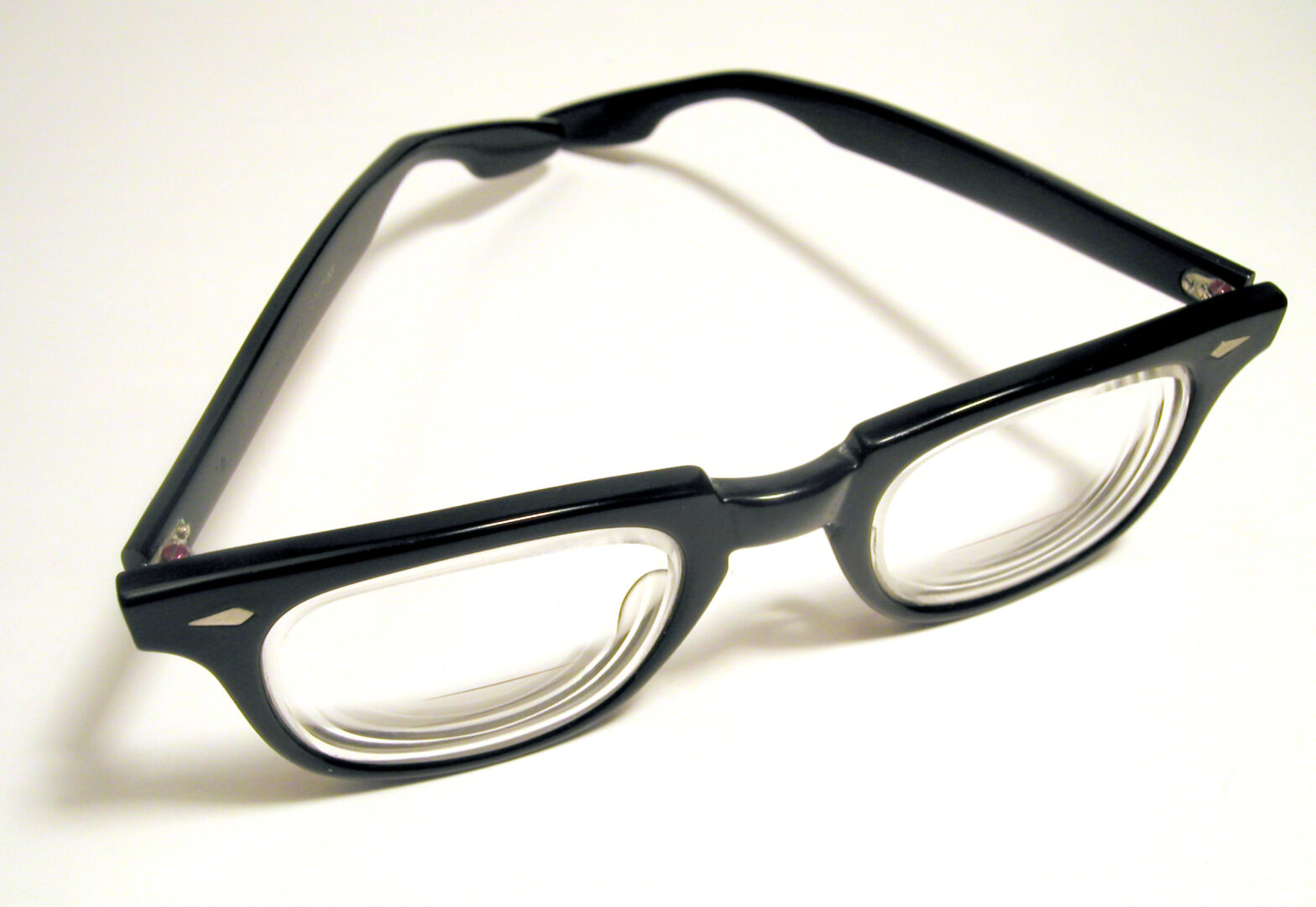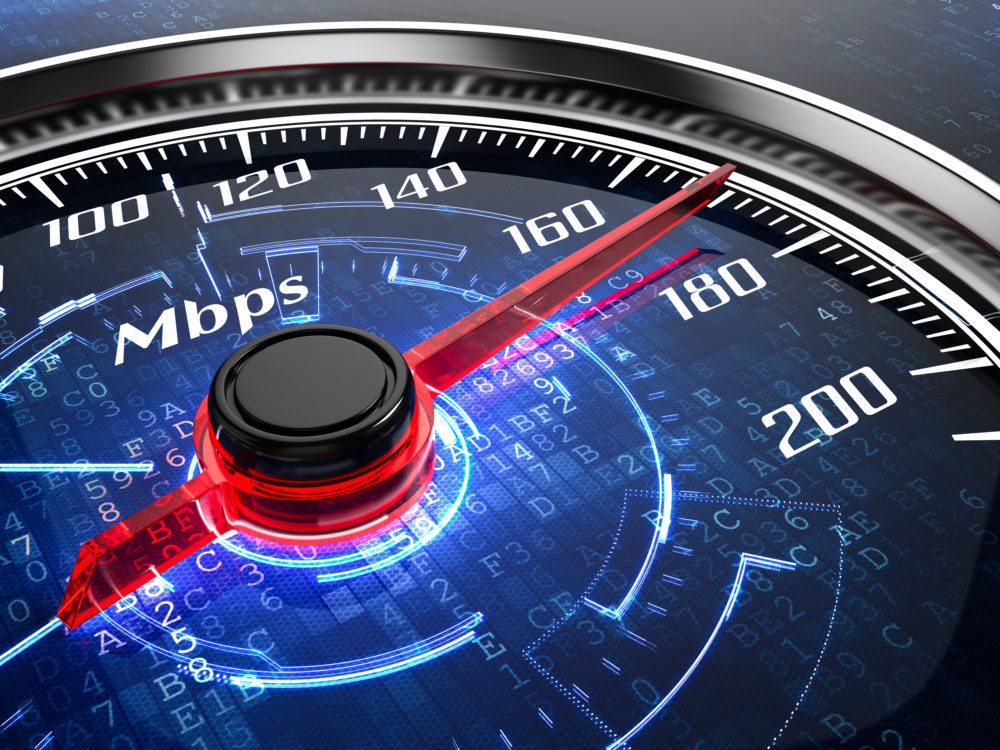1. Software installation
– You can never be too careful when installing new software onto your computer system, especially if you keep important customer information stored there. Even if the software has come from a trusted source, complications can arise and it would be wise to take precautions beforehand. It’s always best, therefore, to make a back-up copy of important information before installing any new software.
– You should try to scan all floppy disks, CD-ROMs, and DVD-ROMs with your anti-virus software before copying files from them or installing software that they contain. You never know if a nasty virus is lurking on a seemingly innocent disk.
– Never install pirated software onto your computer. Illegal copies of software, such as those downloaded from hacker websites or sourced from file-sharing programs may contain hidden viruses.
– Before installing any software, be sure you know exactly what is being copied onto your system. Sometimes apparently innocuous software can contain viruses or ‘Trojans’ that might take control of your computer. This is a particular danger with file-sharing programs that allow you to trade MP3s or videos such as Kazaa or eDonkey.
2. Physical protection for your computer
– Buy a good surge protector. A power surge or lightning strike can destroy your computer and valuable files in an instant; they are bad news for computers. Surges often go unnoticed, sometimes lasting as little as 1/120th of a second, but they are much more common and destructive than you might think. According to recent studies, your electrical equipment is constantly experiencing surges of varying power. Some of them can be absorbed by your power supply, while only a high quality surge protector will cope with more powerful fluctuations.
– If you are going to open your computer casing for any reason, be extremely cautious of static electricity – this can damage motherboards and hard drives, the key components for any PC, in a fraction of a second and often beyond repair. There are various ways to stop this happening including anti-static wristbands and bench mats. If in doubt call an expert for help.
– Make sure you shut down your computer before unplugging or plugging in any cables. Doing so with the power on can cause a short circuit in the motherboard, which may damage it beyond repair. This is particularly true when plugging in a keyboard or a mouse. USB cables, however, should be safe. If in doubt, shut down your computer first.
3. Environmental PC Damage
– Computer owners who leave their PC on overnight not only cause further greenhouse damage, but also significantly increase their electricity bills. The National Energy Foundation has produced a report stating that employees can cost their companies up to £70 per annum if they leave PCs on all the time.
For UK businesses this additional electricity is equivalent to the output of 120,000 4×4 vehicles. To put this into perspective, a business with 200 employees typically has around 25 computers left on in any one evening, translating into extra electricity usage costing £1750 per year.
4. Protect your ID
If you are using a broadband connection it may be wise to protect yourself from such threats as identity fraud. You can take the following simple steps:
– Make sure you have anti-virus software installed and that it is up-to-date
– Run anti-spyware software on a regular basis.
– If you are running Windows, ensure you have applied the latest updates.
– Use a firewall, a first defense from malicious attacks. Microsoft Windows XP has one built in which is very good when configured correctly. Some broadband modems also have a firewall built in.
– If you have to subscribe online for anything, try not to use your normal e-mail address. There are services where you can create an e-mail address that lasts for just 24 hours for exactly this purpose.
– When creating a password, use a combination of uppercase and lowercase letters, numbers and special characters.
– Buy a decent shredder, one that shreds horizontally and vertically, and use it for old bank statements, credit card slips, utility bills, loan applications and so on.
5. Laptop Memory
– If you find that your laptop is extremely slow, it may be due to a lack of memory. Buying a cheap laptop or owning an older model will probably mean you have the minimum 256 megabytes (MB) of memory installed. If you are using Windows XP, this is the bare minimum required.
– If you have little memory and use Norton Anti-Virus or Norton Internet Security Suite then your machine is likely to be running at a sluggish pace; it is memory hungry and can cause other programs to run slowly. To improve your working relationship with your laptop and avoid throwing it out of the window in frustration, look into upgrading the memory to 512 MB or more.
Advice source: Geeks-on-Wheels
Also see: Business software on a shoestring to learn how to find business software on a budget.





